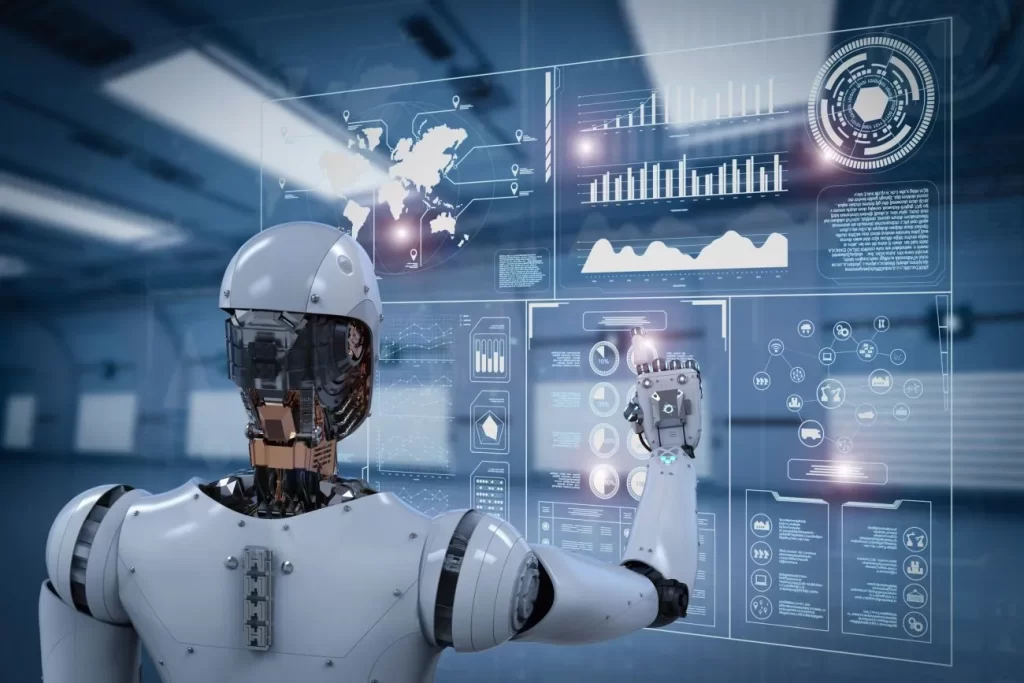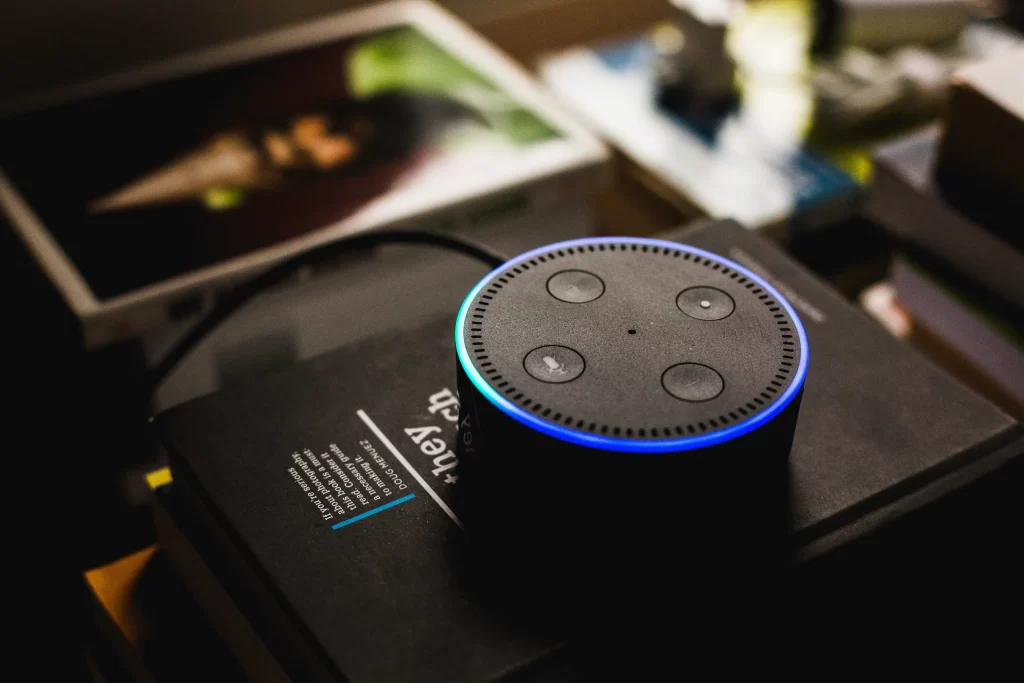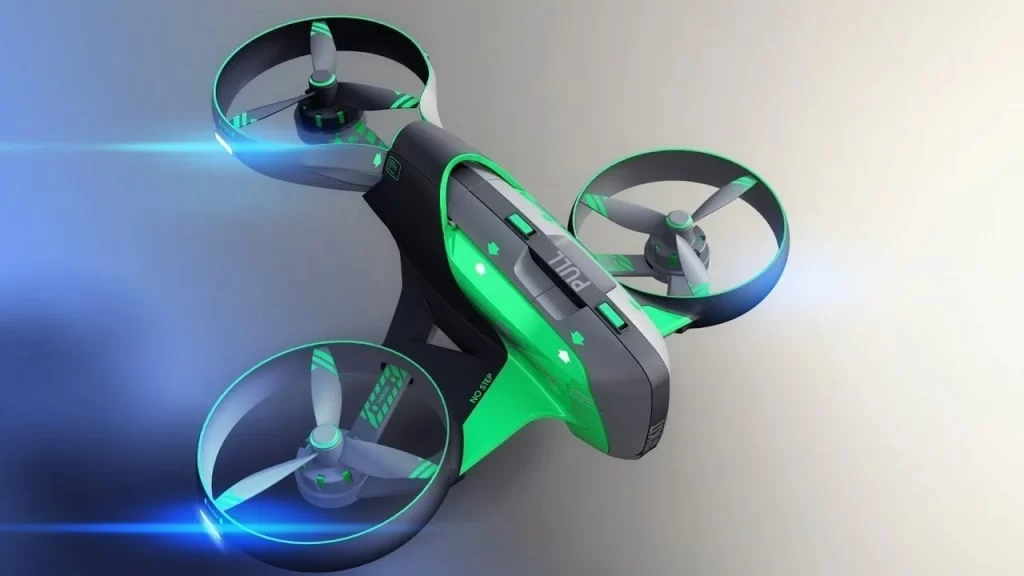“AI Gadgets”

In an era where technological innovation is rapidly changing our lives, artificial intelligence has emerged as a transformative force that is changing the way we interact with the living world. At the dawn of a new era, Artificial intelligence gadgets or tools are taking center stage, promising to bring simplicity, efficiency, and intelligence to fantastical levels. From smartphones that anticipate our needs to smart appliances that adjust the climate according to our priorities, Artificial intelligence tools have been seamlessly integrated into the fabric of modern life. forests contribute to our productivity and happiness.
The concept of artificial intelligence has evolved since its inception, going back to the Dartmouth Workshop in 1956 where the term “artificial intelligence” was coined. However, it’s only in the past few years that AI has moved from theoretical concepts to practical applications we can get our hands on. AI tools are a clear combination of human intelligence and machine intelligence that combine complex algorithms, machine learning, and neural networks into tools to understand, learn, and respond to human behavior.

One of the newest areas where Artificial intelligence is having a big impact is self-service. Smartphones with AI-based virtual assistants have become a part of our lives. These pocket smarts, like Apple’s Siri, Amazon’s Alexa, and Google Assistant, can understand natural language, perform tasks, answer questions, and even provide personalized feedback. The combination of artificial intelligence and voice recognition has created a human-machine interface that allows us to interact with our devices in ways unimaginable before.
In addition to personal assistance, AI tools have reached our homes, giving rise to the concept of the smart home. Devices such as thermostats, lighting, and security cameras use AI algorithms to learn user behavior and adjust their settings to optimize comfort and safety while reducing energy consumption. Not only does it help with daily activities, but it also promotes energy and a sustainable lifestyle. Integrating artificial intelligence into our living spaces is not just a technological breakthrough; this is a step toward creating a unified and harmonious environment.

Healthcare is another area where AI tools can help. Wearable devices equipped with Artificial intelligence-powered sensors can monitor vital signs, monitor physical activity, and even detect abnormalities that may indicate health problems. These tools empower people to take positive action on their health and provide clinicians with valuable information for diagnosis and treatment. From diagnosing heart abnormalities to predicting the onset of other diseases, AI-powered medical devices could change the way we approach personal health.
The entertainment industry is no stranger to the transformative power of Artificial intelligence tools. Streaming services use recommendation algorithms that analyze user preferences to write personalized content. AI-powered chatbots enhance the virtual world experience, immersing players in static conversation. Even the creation of art and music sees a fusion of human imagination and machine intelligence, resulting in AI-generated artworks and compositions that are as difficult to understand as art.

Transportation is undergoing seismic changes as AI tools arrive in cars, paving the way for autonomous driving. From adaptive cruise control to automatic parking, AI cars make driving safer and easier. The combination of intelligence, sensors, and connectivity heralds a future where cars interact with each other and with the systems around them to reduce accidents, reduce traffic and reduce environmental impact.
Across the enterprise landscape, Artificial intelligence tools streamline processes, increase efficiency, and improve security. Robots equipped with AI algorithms can perform complex tasks with precision and consistency, revolutionizing manufacturing and production lines. Drones powered by artificial intelligence are used for surveillance, training, and even destruction. Integrating artificial intelligence into the economy will not only improve human resources but also redefine the way we compete.
But the rise of Artificial intelligence tools has its challenges and challenges. Concerns about data privacy, algorithmic bias, and job displacement have fueled debates about role design and the use of Artificial intelligence technology. Balancing technological progress with ethical considerations is critical to ensuring that Artificial intelligence tools remain a force for positive change.
Ultimately, the rise of Artificial intelligence tools is a defining moment in human history where the fusion of human creativity and machine intelligence has led to a new generation of skills. Whether found in our homes, pockets, or offices, these devices are changing the way we interact with our environment. They integrate into our lives, making us more precious, understanding, and connected. As we continue to explore the potential of Artificial intelligence technologies, we need to keep an eye on the ethical issues and challenges associated with this technological shift. With the role and use of fantasy, Artificial intelligence tools will not have to remain a future in the realm of fantasy.